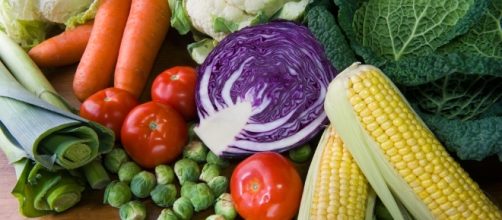According to Claudio Bertonatti, an Argentine naturalist, people living a Vegan lifestyle are inadvertently responsible for killing a lot of animals. Veganism is a practice and a lifestyle choice for millions of people in the world who abstain from consuming or using any animal or dairy products. But Bertonatti in his article titled "The Vegan Confusion" argues that vegans are killing animals for the production of more crops and vegetables.
Mass cultivation and deforestation
Mass cultivation of rice, grains and vegetables are being protected at the expense of animals through deforestation.
Forests are being cut down to make room for more agricultural land which destroys the natural habitat for animals.
"In Argentina, I encounter many people who claim to be defenders of nature because they don't eat meat or wear leather. They think that by being vegan or vegetarian they are preventing animals from dying. It's not true," he said in an interview with Playground.
He mentions that in Argentina, first they burn down forests with flamethrowers, effectively destroying birds nests and pushing animals further into the deep reaches of the jungles. Secondly, they defend their "acquired" land from birds who come to feed. "Many landowners do this by scattering poisoned grains," he added. Thirdly, when the wild herbivores come looking for the first shoots, the landowners shoot them down or set up electric fences which also result in many animal deaths.
Vegan lifestyle not necessarily the best way forward
Environment and agriculture scientist Dr.Christian Dunn says that if you care for biodiversity, adopting a vegan lifestyle is not necessarily the best way forward.
"If you want any particular crop to grow effectively, then yes - you're going to have to kill or remove certain pests; both animals and plants. So it could be argued that vegans are causing the death of animals by requiring monocultures of wheat or other grains to be grown," Dr.Dunne said.
He also added that if you are wealthy enough to sustain a selective dietary plan, then instead of cutting off all animal products, opt for organic ones. Or better still, buy directly with farmers or producers who follow "good environmental practices."

